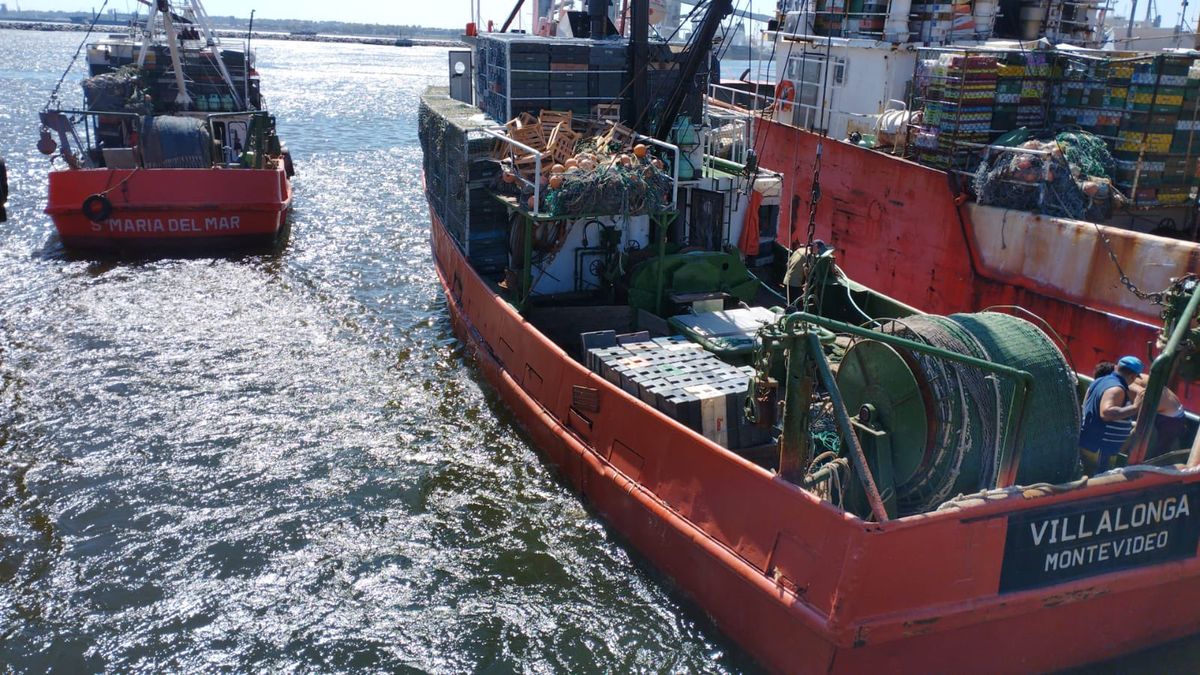The CIPU pointed against the union of the state company for the loss of hundreds of wages after cutting off the diesel supply.
The Chamber of Fishing Industries of Uruguay (CIPU) pointed against the Ancap Federation (fancap), the union of employees of the state company ancapdue to the current union measures that are being carried out during the Tourism Week, which denounce that they have blocked the supply of “marine diesel” to their ships in the last four days, preventing the departure of them, and generating “the loss of hundreds of wages“.
The content you want to access is exclusive to subscribers.
In turn, the fishermen warn that the supply in the middle of Tourism Week (Easter Week) could be affected in the local market, and they regret “the seriousness of the situation” a few days after Holy Friday“date on which traditionally more fish is sold“, and they assured that they were doing “everything possible to be able to comply”.


In a statement, the CIPU remarked that the strike of Fancap is generating “the loss of wages to more than 300 sailors“, in addition to “more than 1,000 jobs in processing plants“, which are mostly “occupied by female heads of household”. Likewise, The union measure has already prevented the departure of some 25 ships.
CIPU President, Juan Riva Zucchelliindicated that he felt “very powerless to observe how a union measure has a direct impact on the work of another group”, representing “major losses for industry and workers“, since “this item has the peculiarity that what is not caught today is impossible to recover another day”.
The CIPU intends to directly import “marine diesel”
The CIPU can access “marine diesel” fuel for its industrial fishing fleet only through Ancap. “We also do not have the possibility of collecting in our own warehouses, anticipating situations like this,” and “the day the cargo is cut, we can no longer load the ships to leave,” said Riva Zucchelli.
For the Chamber of Fisheries, “it would be very good to be able to adapt the regulations so that we can import directly”, in order to dispatch to the port of Montevideo or “directly to the ship to which it is going to be loaded, without being held hostage in this type of situation.”
Source: Ambito




